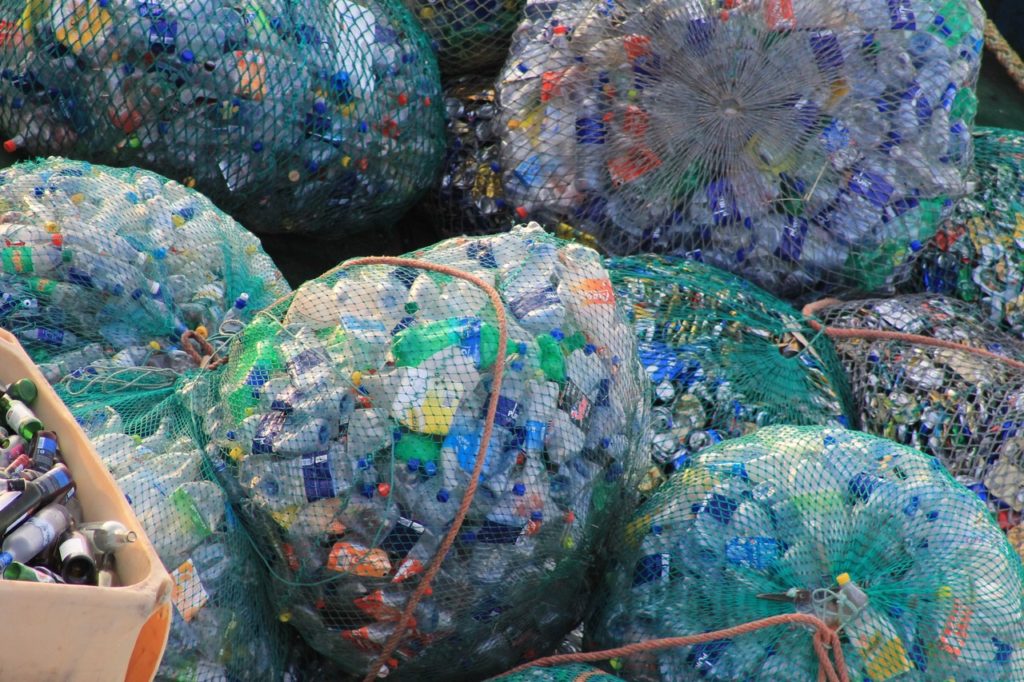The current pandemic of Covid-19 could hamper or even reverse progress made in the EU to reduce plastic waste, a new report from the Court of Auditors of the EU has warned.
Together with other problems, the Court says, that means the EU is at risk of missing its targets for the recycling of plastic waste by 2025 and 2030.
In the process of updating its plastic waste strategy of 2018, the EU has set new targets for the proportion of plastic waste being recycled to 50% by 2025, and 55% by 2030.
“To meet its new recycling targets for plastic packaging, the EU must reverse the current situation, whereby we incinerate more than we recycle. This is a daunting challenge,” said Samo Jereb, the member of the court responsible for the review.
“By resuscitating single-use habits amid sanitary concerns, the COVID pandemic shows that plastics will continue to be a mainstay of our economies, but also an ever-growing environmental threat.”
The EU faces two problems that are putting its targets at risk.
The first is that the rules on the reporting of recycling figures have been tightened, so that the numbers are more accurate, but also revised downwards.
The second problem is the introduction of a ban on the export of hazardous waste to other countries, as well as stricter conditions on the export of plastic waste, even for recycling.
“Nearly a third of the EU's reported plastic packaging recycling rate is achieved through shipments to non-EU countries for recycling,” the auditors report.
“From January 2021, however, most plastic waste shipments will be banned. This, combined with the lack of capacity to treat this waste within the EU, constitutes another risk to achieving the new targets,” warn the auditors.
The new conditions are also likely to lead to an increase in illegal shipping and waste crime, against which the EU framework is too weak, the report says.
Finally, while the EU deals with one-third of its plastic waste by exporting it, the waste that is left is not being recycled very well.
Plastic packaging such as water bottles makes up about 40% of the plastic used in the EU, and 60% of plastic waste. But it is also the type of plastic with the lowest rate of recycling, at about 40%.
“The EU's ambition to improve its plastic packaging recycling reflects the scale of the environmental challenge that plastics pose,” the report concludes.
“With its new approach, the EU has the opportunity to gain a first-mover advantage and reinforce its position as a global leader in plastic packaging recycling. However, given the challenges and gaps to be overcome, EU member states may not meet the new targets.”
Alan Hope
The Brussels Times

